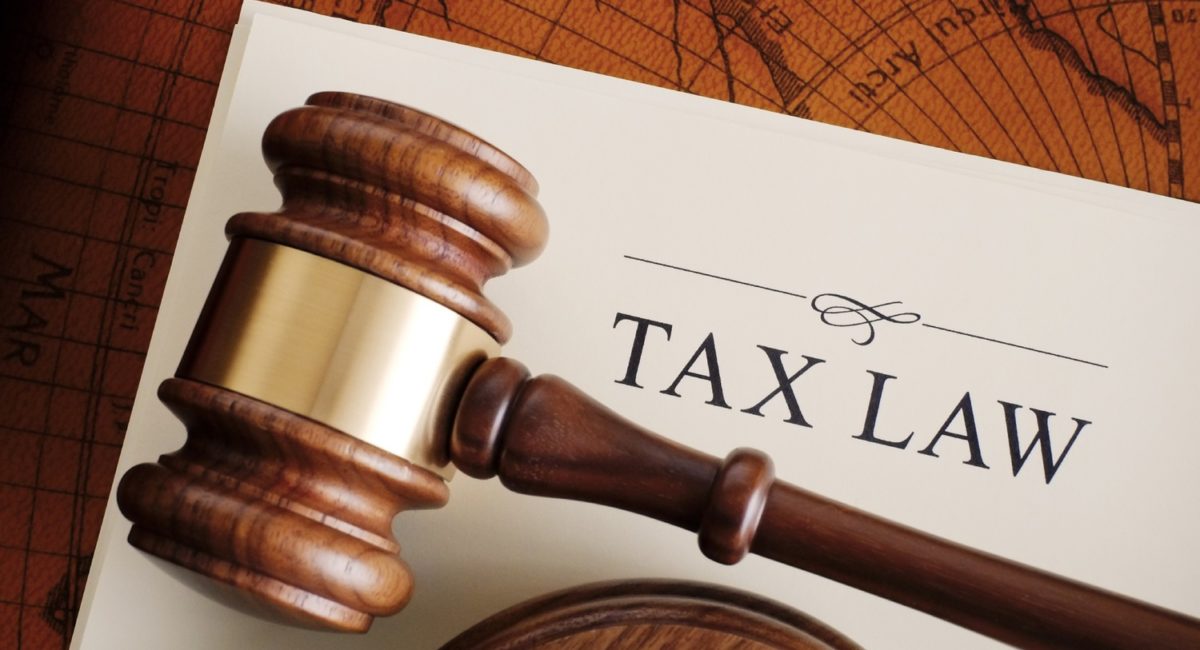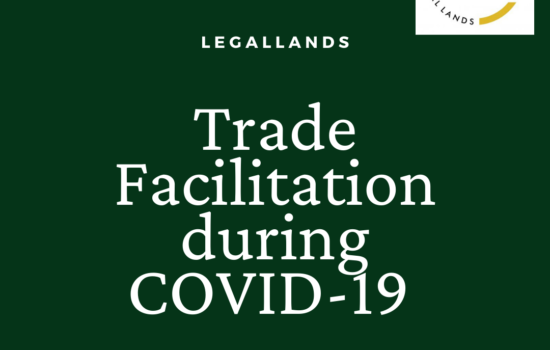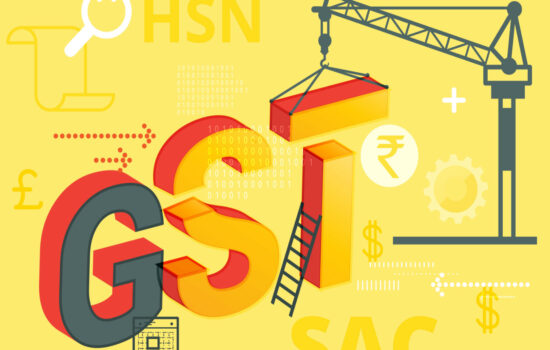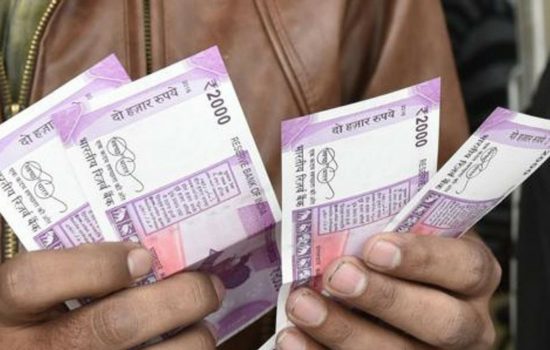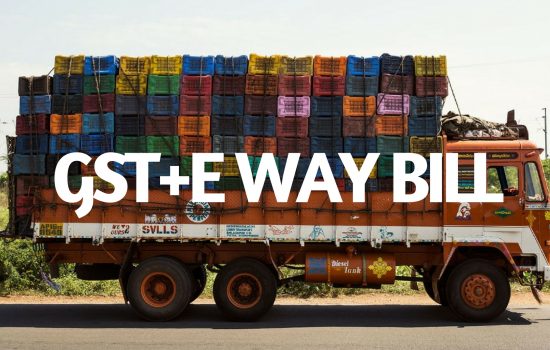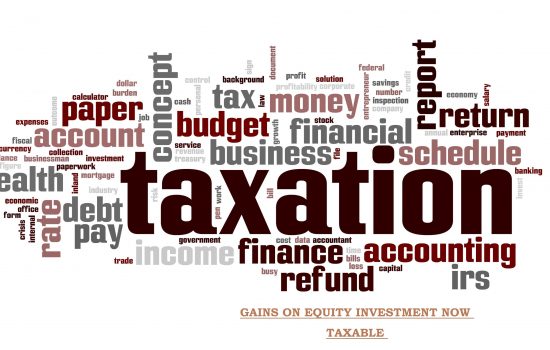In July, 2018, the Supreme Court of India delivered a landmark judgment pertaining to taxation law in the case of Commissioner of Customs (Import), Mumbai v. Dilip Kumar & Company . In this case, the respondent company imported certain goods and claimed the benefit of concessional rate of duty at 5% instead of standard 30%, as per a particular exemption notification floated by Central Board of Excise and Customs.
However, the CBEC denied the benefit to the respondent because the chemical characteristics of the product imported did not allow the product to fall in the criteria of exemption. The Assistant Commissioner of Customs decided the case in favour of the department in contradiction to the decision laid out in Sun Exports Case .
The Commissioner of Customs (Appeals) reversed the order and came to the conclusion that the decision of Sun Export Case is applicable to which the department appealed to CESTAT. The CESTAT also affirmed the decision of the previous authority.
Aggrieved thereby, the department appealed to the Supreme Court challenging the decision of CESTAT arguing that the ratio laid down in Sun Exports case is wrongful and misleading.
Concurring with the department’s plea, the apex court agreed to look into the decision of Bombay High Court in Sun Export Corporation case and termed such decision as doubtful.
The issue which erupts in this legal battle is whether the exemption notification should be interpreted strictly or not. In Sun Export case, the Supreme Court ruled that ambiguity in a tax exemption provision or notification must be interpreted so as to favour the assessee claiming the benefit of such exemption.
However, the apex court reversed the decision of CESTAT in the current case and overruled the decision laid down in Sun Exports case by accepting the argument of the Department that an exemption notification must be construed in a strict sense, i.e. in a situation, where there is a confusion as to existence of perfect eligibility of claimant under a tax exemption notification, then the benefit of doubt must go to the revenue department as what happens when, in a case of ambiguity in a provision of tax law, the benefit of doubt accrues to the assessee.
The court reasoned that where a claimant is exempted from tax liability, indirectly the other non-eligible tax payers are burdened to pay more tax. Hence, it is concluded that in order to take the advantage of a tax exemption notification, the assessee must fulfil each and every criteria or condition mentioned in the notification.
If there exists a doubt as to whether the claimant fits into the exemption, then the claimant will not be able to claim the benefit of doubt in his favour.
At the end, it is a lesson for the stakeholders that to double check their eligibility fitness before claiming an exemption to adhere tax liability or face the heat of revenue department in case of violation or error.
Our Corporate Professional Team is ever willing to provide assistance on any issue concerning GST, Insolvency and Bankruptcy Law, Business Model Advisory in India and Abroad, Customs Law, Corporate & Commercial Advisory, IPRs. Secretarial Compliance, Agreement Drafting & Negotiations etc. you may write us on connect@lawyer.legallands.com,
Best Regards,
Corporate Professional Team

